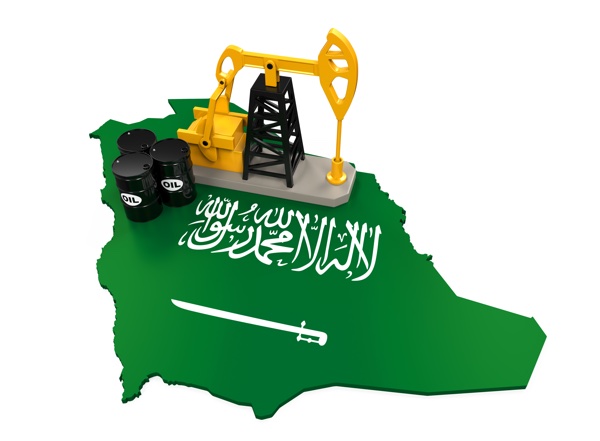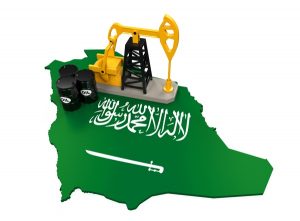
Oil is lower on Monday after an eventful weekend that has the energy markets full of uncertainty. After public condemnation on the investigation of a missing journalist Saudi Arabia has launched a threat of retaliation using their oil supply. Tempers flared within the Kingdom and some comments have been walked back by more official sources. The Energy Minister of Saudi Arabia said that the nation will be a responsible actor and keep oil markets stable.
Crude prices have been supported by supply concerns as the Iran sanctions will come into effect in November, but there has already been cuts from buyers that want to avoid incurring the wrath of the US. A soft dollar has limited crude price losses on Monday as a miss on US retail sales with a diplomatic exchange of harsh words between the US and Saudi Arabia over the missing reporter.

Crude prices are being kept at current levels due to estimates on supply even as Saudi Arabia has put on the table the threat of weaponizing oil prices.
While a sequel to the oil embargo of the 70’s is a long shot, there is also the need to remember that a lot has changed since then and Saudi Arabia might not hold a big a stick as it once did.
While the Saudi authorities have walked back, or clarified some of the comments made over the weekend, the threat of reducing their oil supply by applying sanctions to their critics remains. The oil embargo in 1973-74 was the result of a diplomatic dispute against the US.
Their position as the de facto leaders of the Organization of the Petroleum Exporting Countries (OPEC) is not as solid as it once was. Internal struggles with Iran and some members feeling ignored (Venezuela, Nigeria, etc) and the advance of shale technology has also reduced the vulnerability of US demand. US production has reached records while foreign have fluctuated.

The US still imports around 28 percent of its foreign oil form Saudi Arabia, but even the kingdom is trying to diversify away from relying on energy exports. An escalation of this conflict will cripple those plans as it would once again concentrate all their power on a single asset.
Sanctions against the US would push oil prices beyond $100. Those levels were already on the table as Iran sanctions are set to begin in November. The irony could be that a Saudi offensive could be the factor that makes the US rethink its sanctions against Iran, putting the OPEC on a crossroads. Demand has not surged at the same rate as prices, so there is not a lot of room above $100 in the short term, with the political decisions guiding markets rather than supply and demand.

